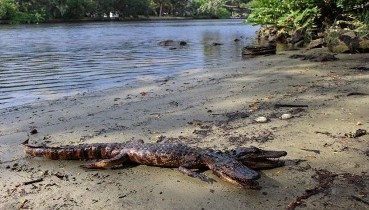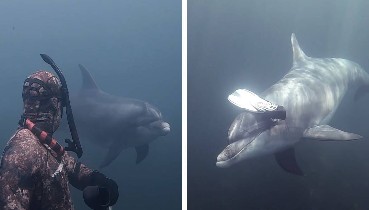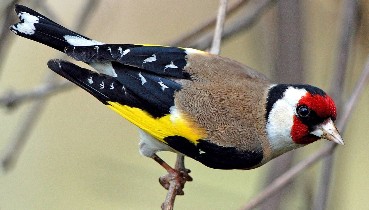
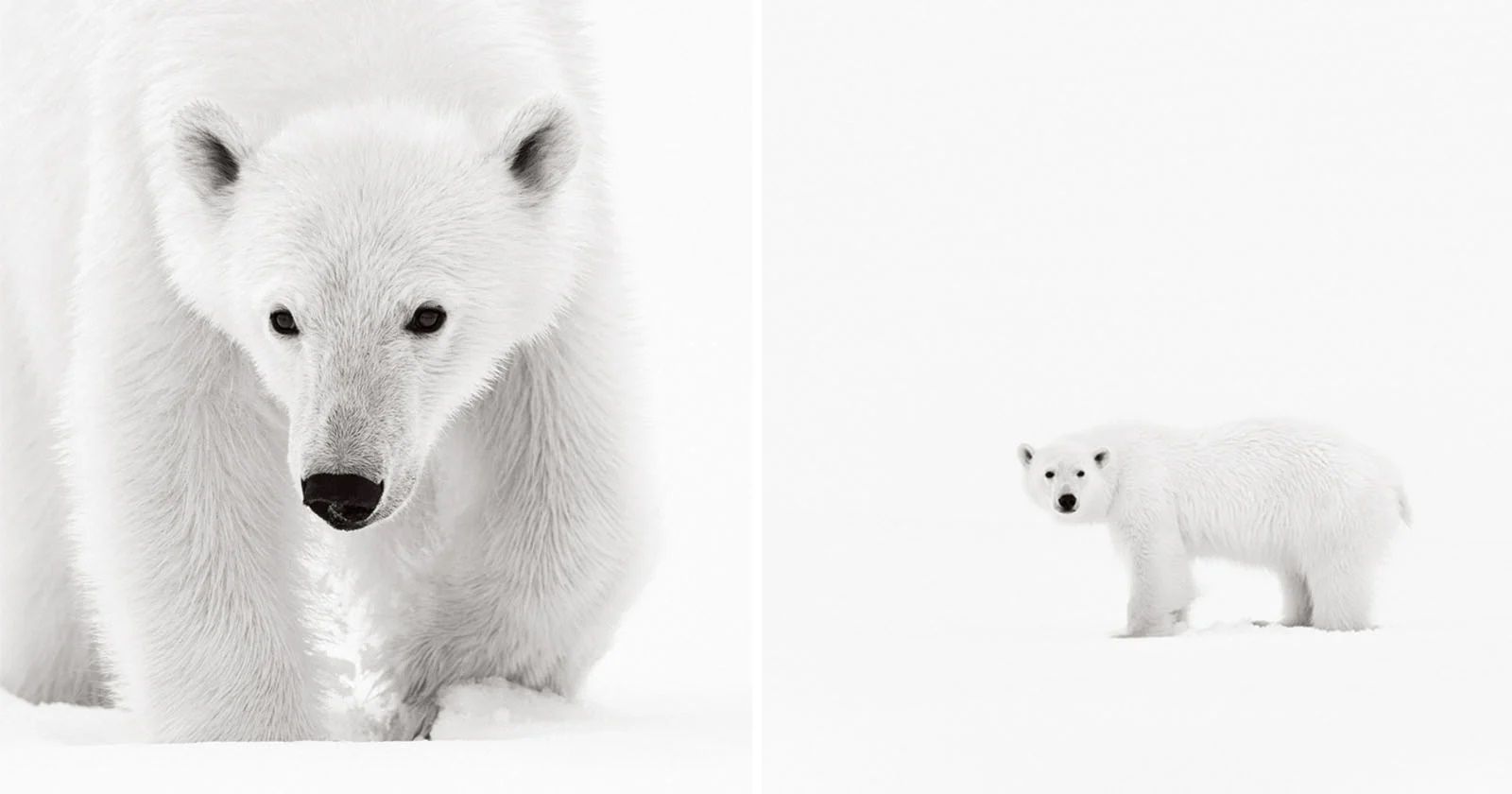
Photographer Captures the Otherworldly Beauty of the Arctic

In a new limited-edition print series, “Northern Dreams,” award-winning photographer Drew Doggett pays tribute to one of the world’s most spectacular — and threatened — regions, the Arctic.
Svalbard: A Region of Immeasurable Beauty and Exceptional Challenges
An experienced and avid traveler, Doggett ventured to Svalbard, a Norwegian archipelago in the Arctic Ocean that is an attractive location for photographers and adventurers alike. The latitudes of Svalbard’s islands range from 74 to 81 degrees north.
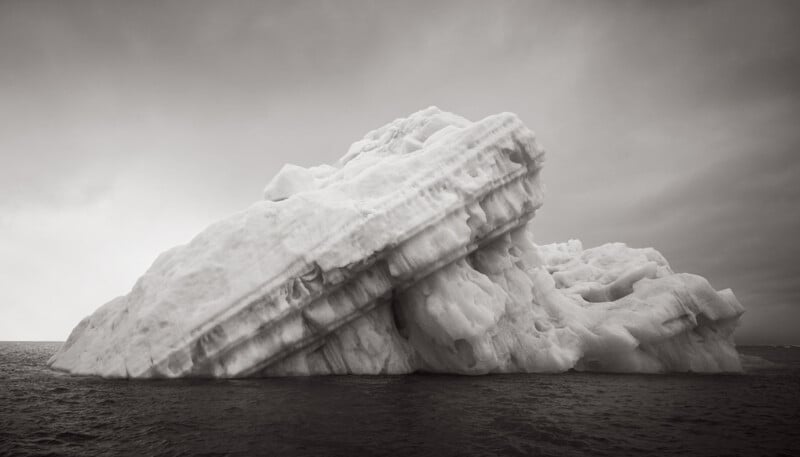
The region poses unique challenges to photographers, not only because of its harsh and unforgiving weather but also because accessibility is limited by where a ship or smaller vessel, called a Zodiac, can go.
Among Svalbard’s many wonders that Doggett aspired to photograph were polar bears. When not on Zodiacs, Doggett tells PetaPixel he was often found on the ship’s bridge, “glued to my binoculars and scanning the horizon for hours.”
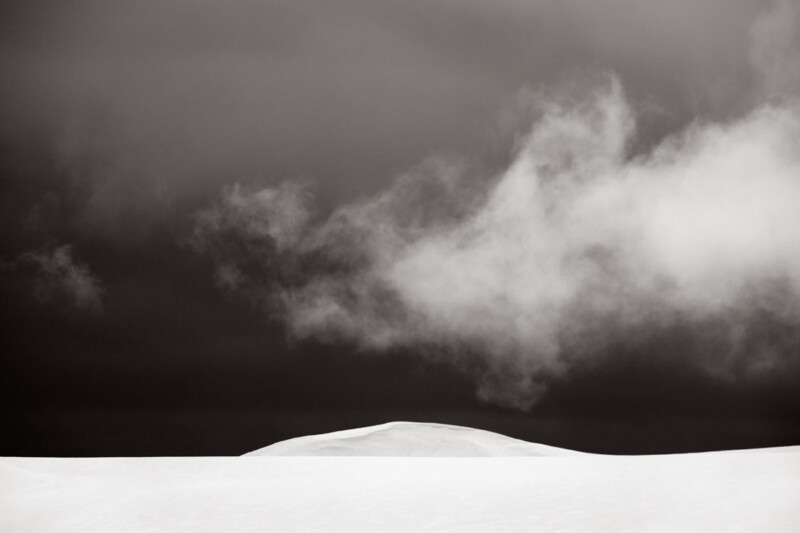
When Doggett was in Svalbard, the region’s northern latitude meant that the landscape was bathed in nearly perpetual sunlight.
“The constant ‘perfect’ light took a variable I usually have to contend with away, as there was rarely a moment where the conditions were not ideal for me,” Doggett says. “It also made this trip incredibly exhausting, but without worrying about the light or considering how to constantly optimize my chances of getting the shot, I could focus on finding the bears.
“With all wildlife, there’s an element of ‘the search’ that’s pure adrenaline. This vast territory and being isolated to the shoreline without the ability to move or pursue a subject inland forced me to be patient on an entirely different level,” the photographer explains.
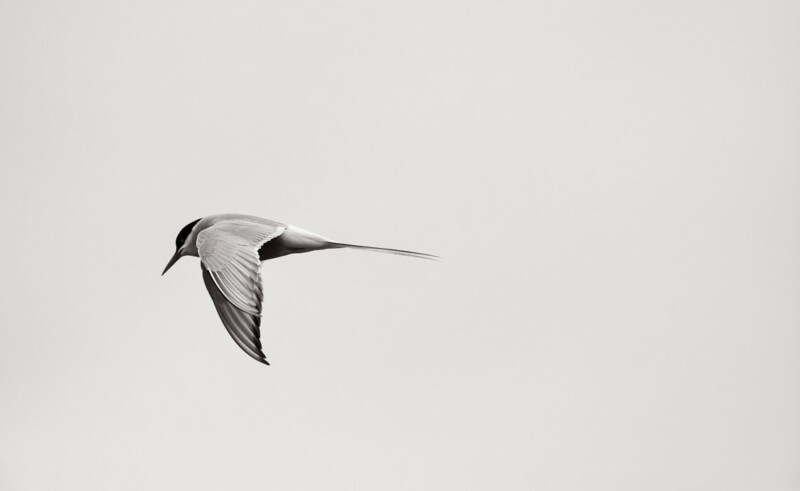
In some ways, the limited means available for getting close to wildlife can be liberating from a compositional perspective.
“It’s important to me that a series is holistic. In Svalbard, the landscape is very much a part of the experience of seeing these bears. In fact, I chose Svalbard in part for this reason, as the minimal backdrop allows me to direct the eye to something in particular,” Doggett explains.
The Exhausting and Exhilarating Search for the Perfect Polar Bear Photo
He also did not arrive in Svalbard with high expectations of getting the precise images he imagined before embarking on his voyage.
“I knew we had a very low percentage of getting the shot I had in mind.”
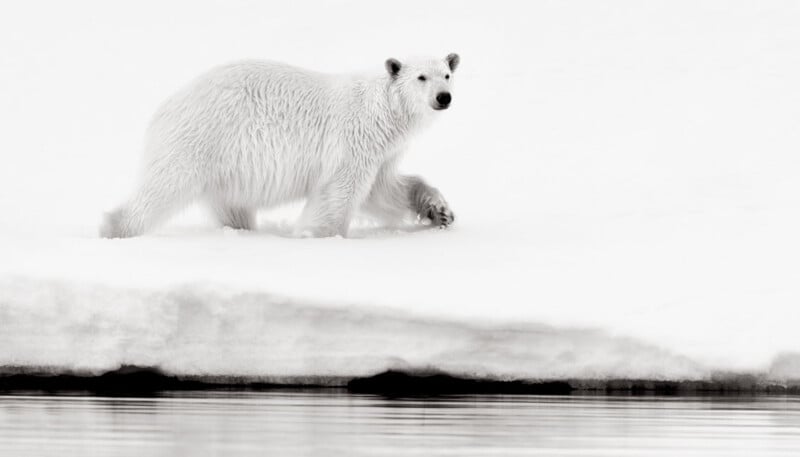
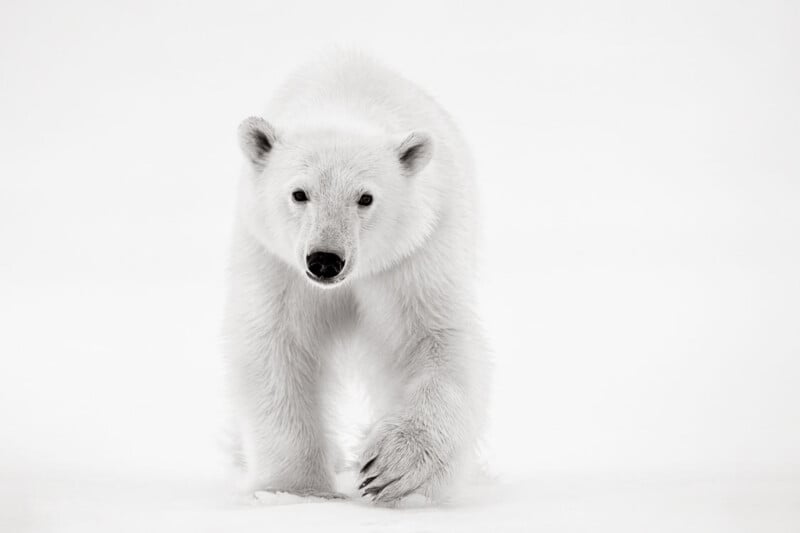
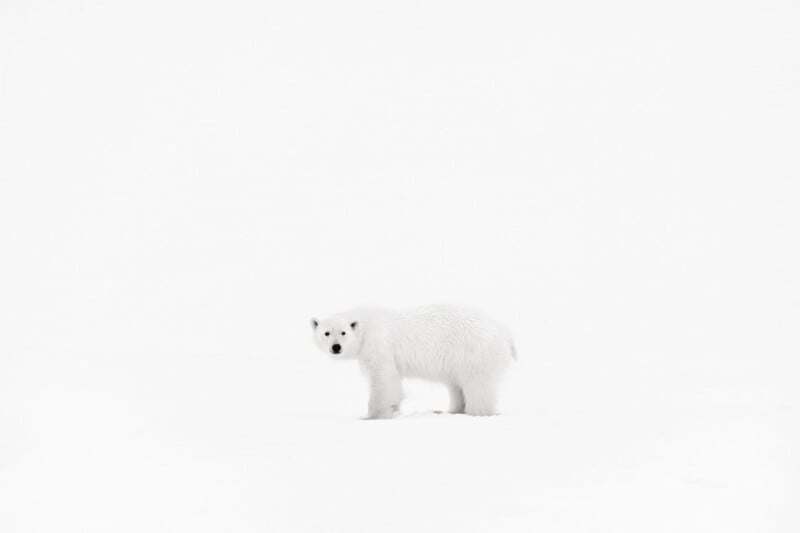
However, Doggett’s patience was rewarded. Not only did he see polar bears, but he also got to photograph a mother and cub for nearly four hours, which is exceedingly unusual. It is common to see a polar bear for a few minutes, maybe even just a few seconds, before they vanish into the stark white landscape.
“The specific experience of photographing the mother and cub was, undoubtedly, one of the most moving and emotional encounters of my career so far,” Doggett explains to PetaPixel. “Watching the two was also a moment of relatable humanity as the exhausted mother tried to rest while her cub played around her or as the two enjoyed their home playground.”
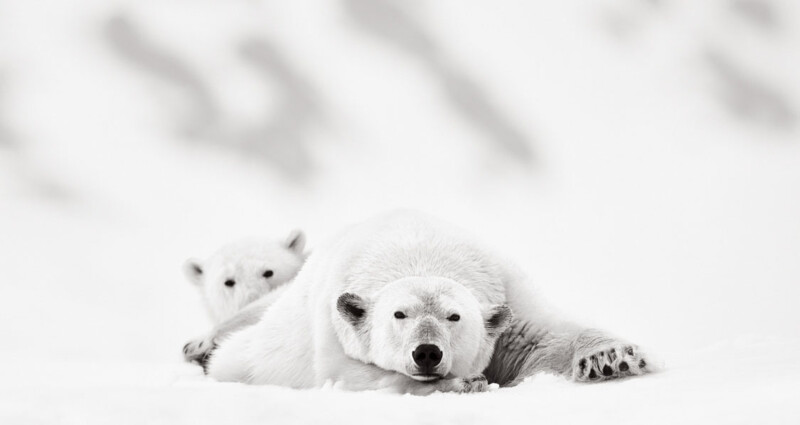
The experience enabled Doggett to return from his expedition with truly stunning polar bear images, but the mother and cub also left a mark on Doggett that goes far beyond any individual photograph and will surely last a lifetime.
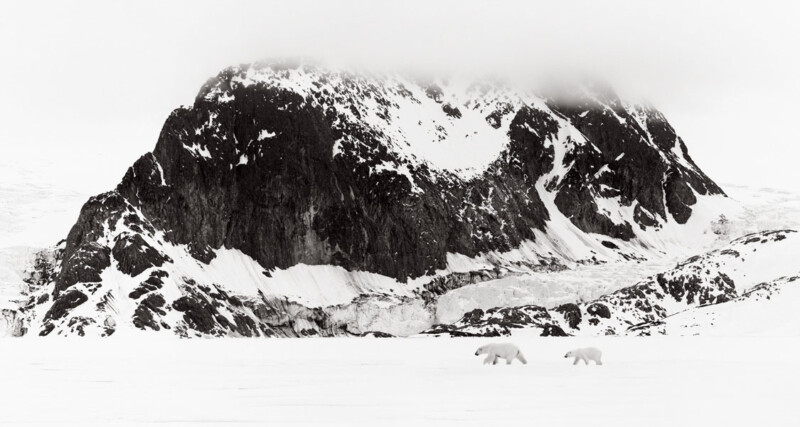
From Fashion to the World: Doggett’s Unusual Artistic Journey
This is as good a time as any to discuss Drew Doggett’s unusual career trajectory. His photography path started with fashion photography. Doggett spent six years assisting top fashion photographers in New York City, which provided the photographer with all the technical know-how he needed to venture out on his own in the fashion industry.
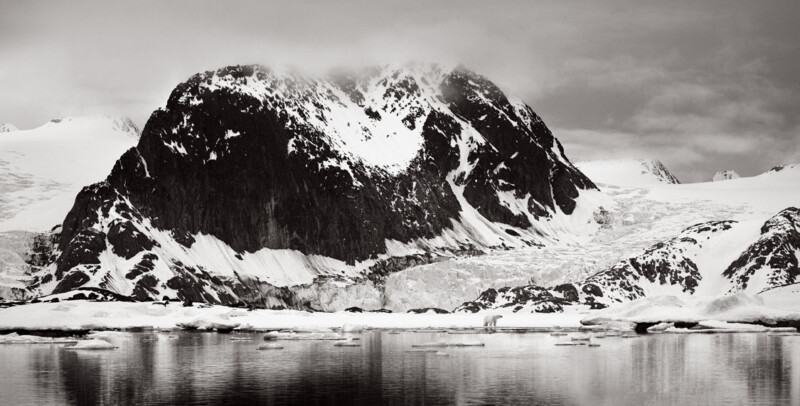
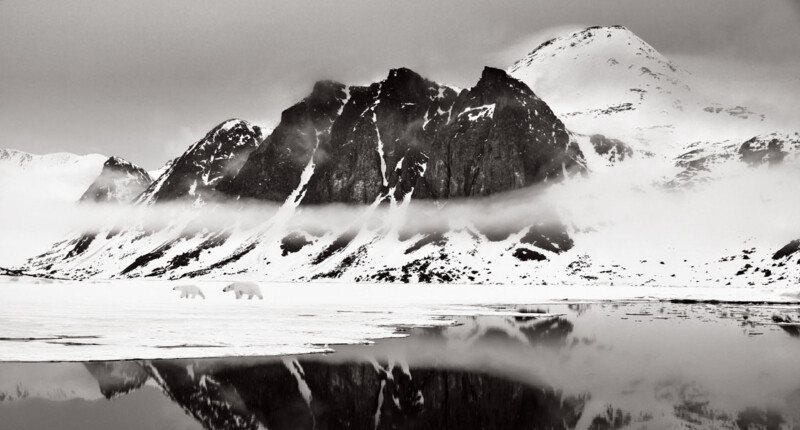
Instead, he “admittedly a bit on a whim,” traveled to the Himalayas, where he spent a month in a small region, Humla, Nepal. The region is often described as the “last remaining pocket of true Tibetan culture,” Doggett says. He learned about their local culture and traditions, documented the people and places, and then returned home to the United States.
However, he arrived back home a changed artist.
“Fashion no longer intrigued me in the same way, and I knew I needed to pursue a route within photography that was more engaged with the world and its occupants,” the photographer explains.

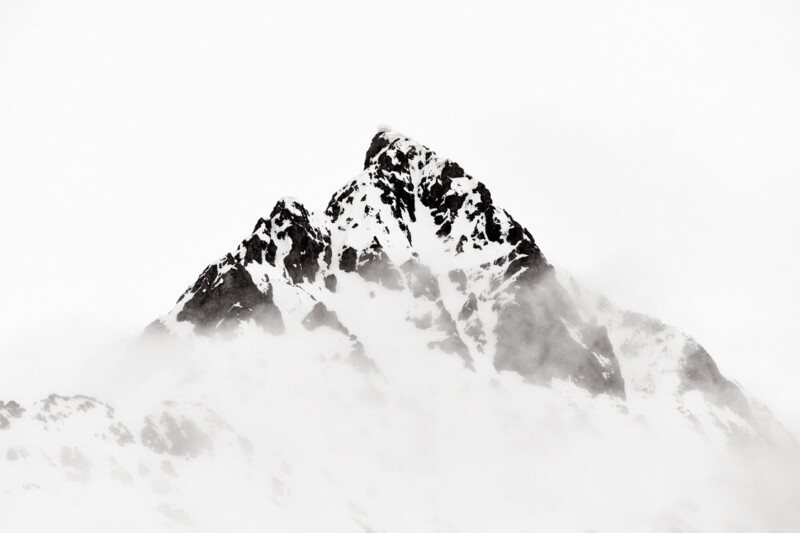
It is often said that travel broadens the mind. For Doggett, it did that and more: it expanded his artistic and professional goals.
“On a personal level, once I had children, my desire to photograph wildlife, cultures, and landscapes at risk in order to conserve them for future generations became even stronger. I leave every expedition changed for the better and am eager to capture more of our world for the purpose of sharing it with others,” Doggett adds.
The Arctic Faces an Uncertain Future
This loops back into part of the photographer’s motivation for his latest series from Svalbard. The region and the Arctic at large fits the bill of a landscape with wildlife that is at risk of being lost for future generations. The Arctic is also an area that is wholly alien to nearly everyone who will see Doggett’s work. On the one hand, the strangeness of the place inspires curiosity in people. On the other hand, sometimes a place can seem so unusual that it is difficult to connect to it.
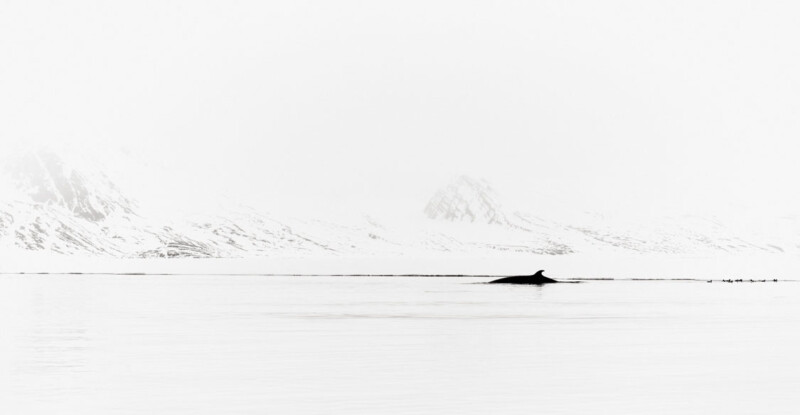
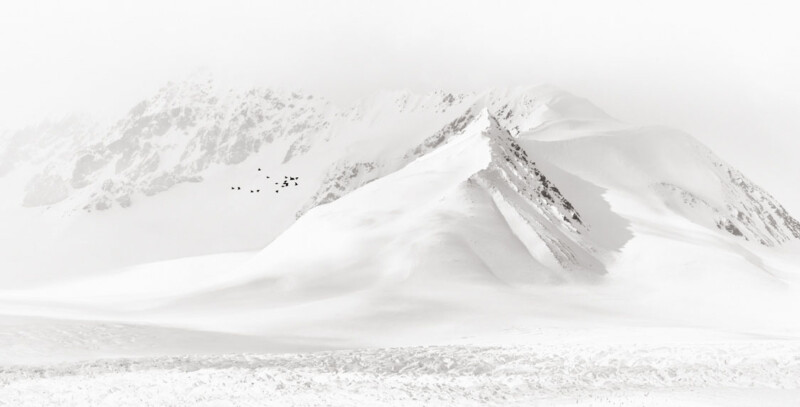
“People have an innate curiosity about places like the Arctic, so a subject like it is, for many people, interesting because of its location. Even though the landscape is foreign, the backdrop is naturally minimal, so it acts as a blank canvas on which I can highlight and draw attention to aspects of the subject. It also allows me to connect strongly with the subject, in this case, a polar bear, through eye contact and my chosen low angle,” Doggett explains.
“As a photographer, I go one step beyond simply documenting a place because of its significance, as I’m interested in capturing a certain quality and story within a location. Proximity to the subject plays a huge role in fostering a connection, but obviously, you can only get so close to a polar bear, and in Svalbard, you are limited to the Zodiacs or the ship’s deck,” he continues.
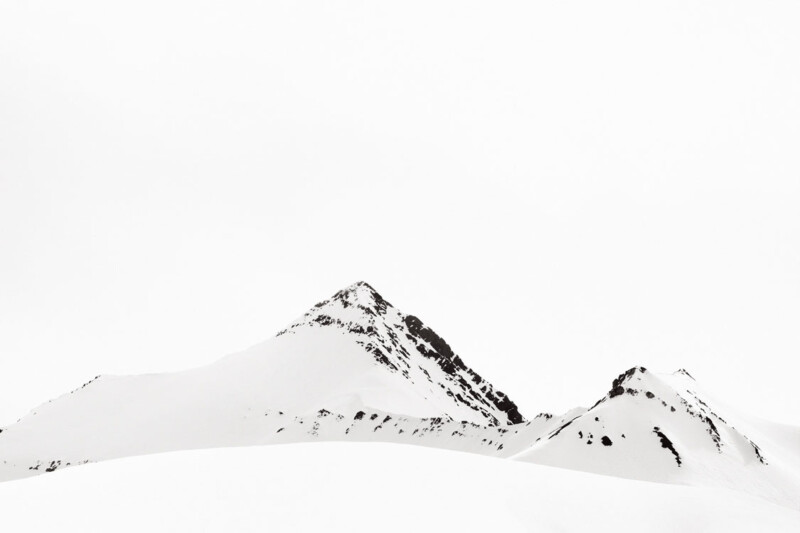
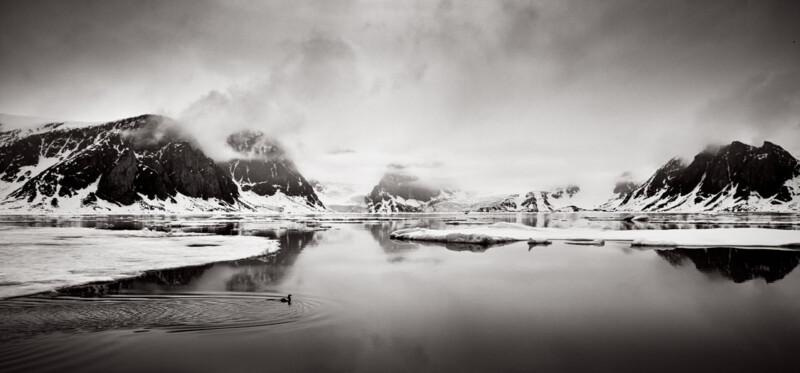
Doggett’s fashion photography roots continue to influence the artist as he travels the world.
“Beyond proximity, which is a very literal sense of closeness, the visual language of fashion photography is how I foster connection, as it is one that’s not only familiar but designed to highlight what makes the subject exceptional. Detail, nuance, tone, texture, and composition also help to capture the spirit of a place by bringing it to life, and telling the subject’s story becomes wrapped up in using these key elements to holistically embody a place within my work,” Doggett explains.
“I also aim to capture universally endearing scenes, like a mother and cub polar bear, as seen in ‘The Lookout,’ as this is a moment of shared humanity that we can all relate to.”
While there is, on one hand, a sense of impending doom concerning the Arctic and its inhabitants due to a wide range of factors, including climate change, mining, and offshore oil drilling, Doggett wants his work to incorporate a sense of optimism and hope.
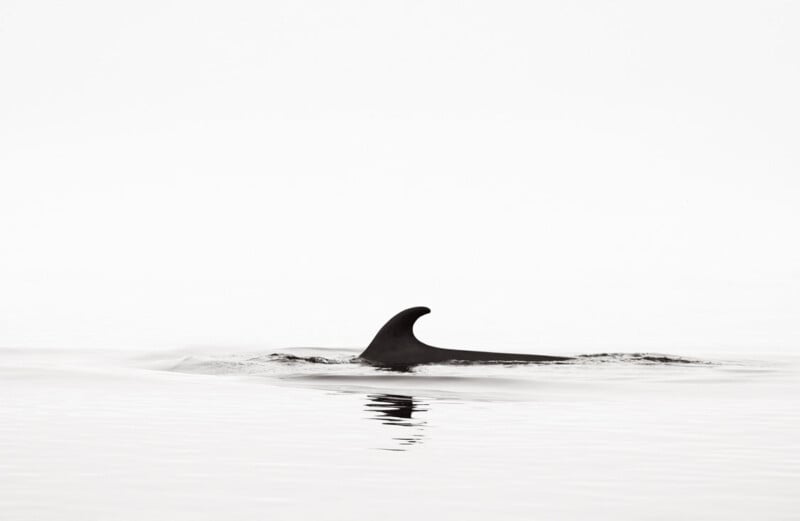
“My images are intentional about their optimism. They are also idealistic and celebratory because cultivating a positive connection is more easily created through classic ideals of beauty. Creating photographs of wild places and animals comes down to the challenge of establishing an emotional connection between the subject and the viewers. My visual language is designed to facilitate an attachment to what I’m photographing,” he explains.
For somewhere like the Arctic, Doggett hopes to use his camera as a tool for conservation. He wants his images to demonstrate his “love of all things wild and free” and inspire viewers to play a part in protecting the Earth’s diverse animals and landscapes.
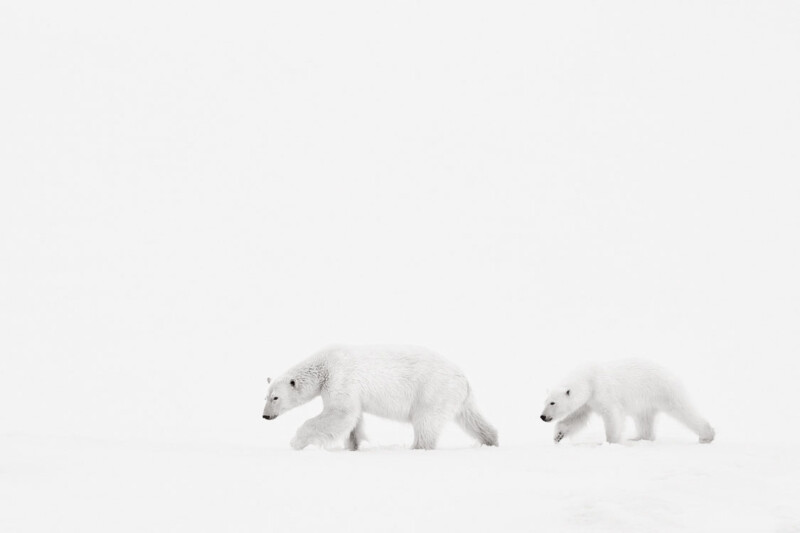
“If my work can remind us what is out there in our big, beautiful world, what’s at stake and worth protecting now and for the sake of future generations, then I feel I’ve succeeded,” Doggett says.
Recommended Videos
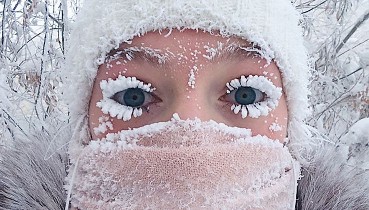 The Photos Are Breathtaking: A Thermometer Just Broke At -62°C (-80°F) In The World's Coldest Village496 views
The Photos Are Breathtaking: A Thermometer Just Broke At -62°C (-80°F) In The World's Coldest Village496 views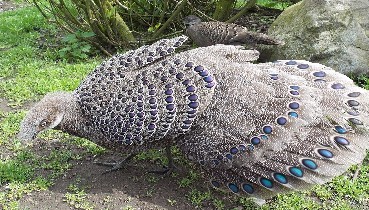 The gray peacock-pheasant (Polyplectron bicalcaratum)144 views
The gray peacock-pheasant (Polyplectron bicalcaratum)144 views-
Advertisements
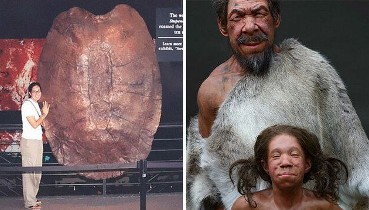 30 Fascinating, Rare, And Unbelievable Pics That Show Why “Nature Was Metal” Millions Of Years Ago1066 views
30 Fascinating, Rare, And Unbelievable Pics That Show Why “Nature Was Metal” Millions Of Years Ago1066 views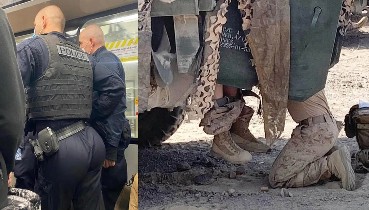 36 Hilariously Weird Photos That Make You Go "Hmmm"1694 views
36 Hilariously Weird Photos That Make You Go "Hmmm"1694 views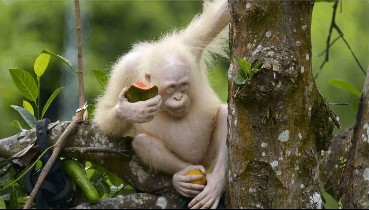 The Only Known Albino Orangutan Is Thriving After Two Years Of Being Released To The Wild233 views
The Only Known Albino Orangutan Is Thriving After Two Years Of Being Released To The Wild233 views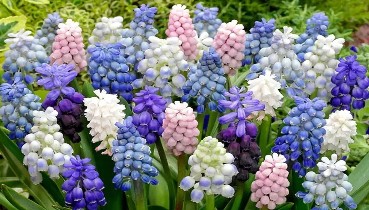 The colorful and fragrant blooming of Muscari flowers.117 views
The colorful and fragrant blooming of Muscari flowers.117 views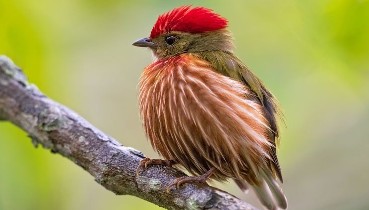 The Striolated Manakin Is The Roundest And The Sweetest Bird That You Will Ever Meet (6+ Photos)120 views
The Striolated Manakin Is The Roundest And The Sweetest Bird That You Will Ever Meet (6+ Photos)120 views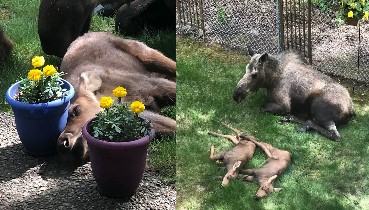 Moose Family Decides To Spend A Day In This Man’s Backyard974 views
Moose Family Decides To Spend A Day In This Man’s Backyard974 views
